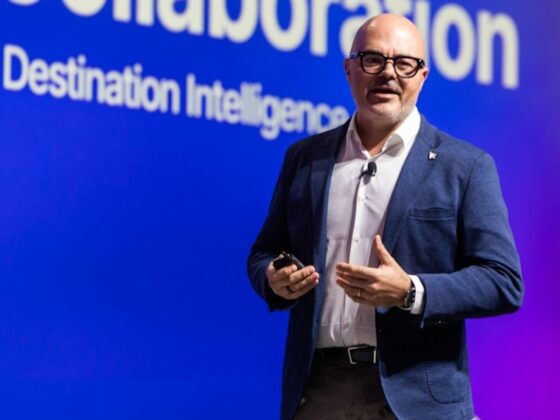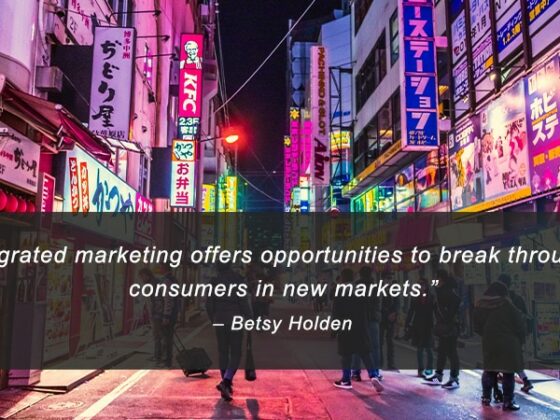
Gen AI: From Practical to Magical
What is different now than even one year ago is the big promise of generative AI (e.g., ChatGPT, Bard) and how it can transform the end-to-end travel experience. Because AI can make personal recommendations, build trips, and create itineraries, the travel implications are endless. But everyone agreed it is early days, and too soon to tell what impact AI will have on how we discover and experience trips going forward.
Susie Vowinkel, managing director, travel, Google with Pete Comeau, managing director, Phocuswright
Susie Vowinkel, managing director, travel, Google with Pete Comeau, managing director, Phocuswright
At present, AI is used mostly in customer service (e.g., chatbots) and at the backend, doing the work of programmers, call center personnel, and increasing productivity (too soon to tell the impact on staffing but coders beware), and of course trip planning (e.g., lots of ChatGPT plug-ins and curated content). Susie Vowinkel, managing director, Travel, at Google explained how Bard’s Open AI extensions connect into Gmail, YouTube, flight, and hotel search to create itineraries. For partners, the machine can play a role in where marketers should invest. And Tripadvisor’s CEO Matt Goldberg said there is huge opportunity for AI to dissect Trip’s 1 billion+ reviews to provide better detail for travelers for hotels, experiences, and restaurants. Tripadvisor has seen great results from its Gen AI planning tool so far, but they’re just getting started. “Like other disruptive technologies you will see an incredible hype cycle early but underestimate the long-term impact.”
John Mangelaars, CEO, Skyscanner and Johannes Thomas, CEO, trivago with moderator Linda Fox, senior reporter, PhocusWire
John Mangelaars, CEO, Skyscanner and Johannes Thomas, CEO, trivago with moderator Linda Fox, senior reporter, PhocusWire
John Mangelaars, CEO of Skyscanner, found that AI does convert better after several months of testing, but most early applications are practical in nature. Johannes Thomas, CEO of Trivago, uses AI to localize TV spots in multiple languages across the globe, lowering costs by 10X. Johannes Reck, co-Founder & CEO, GetYourGuide, mentioned the “nuts and bolts” – enabling supply to upload in multiple languages, while Ben Drew, president of Viator, referred to other “pragmatic” uses such as saving seconds of time at the call center.






